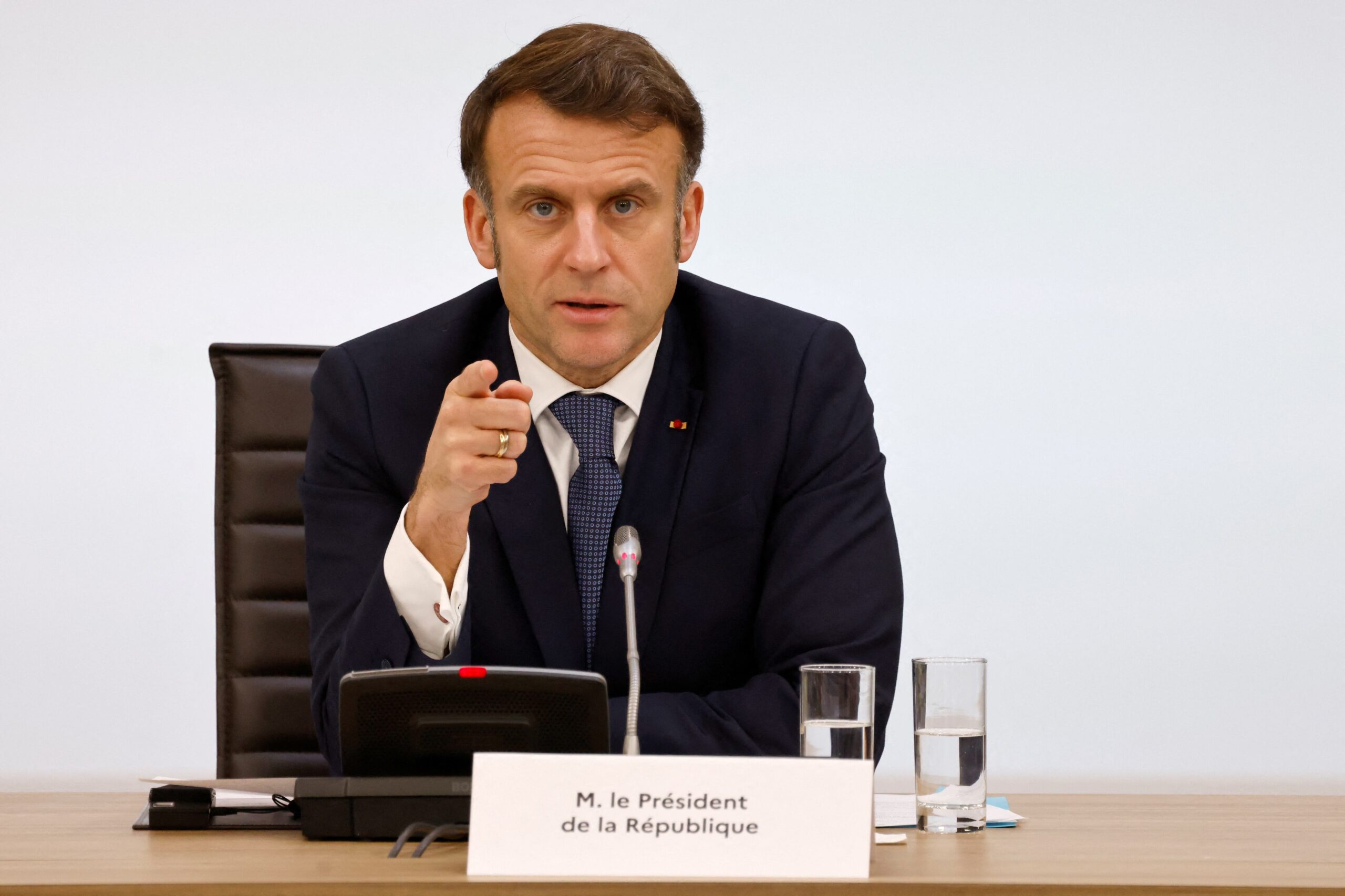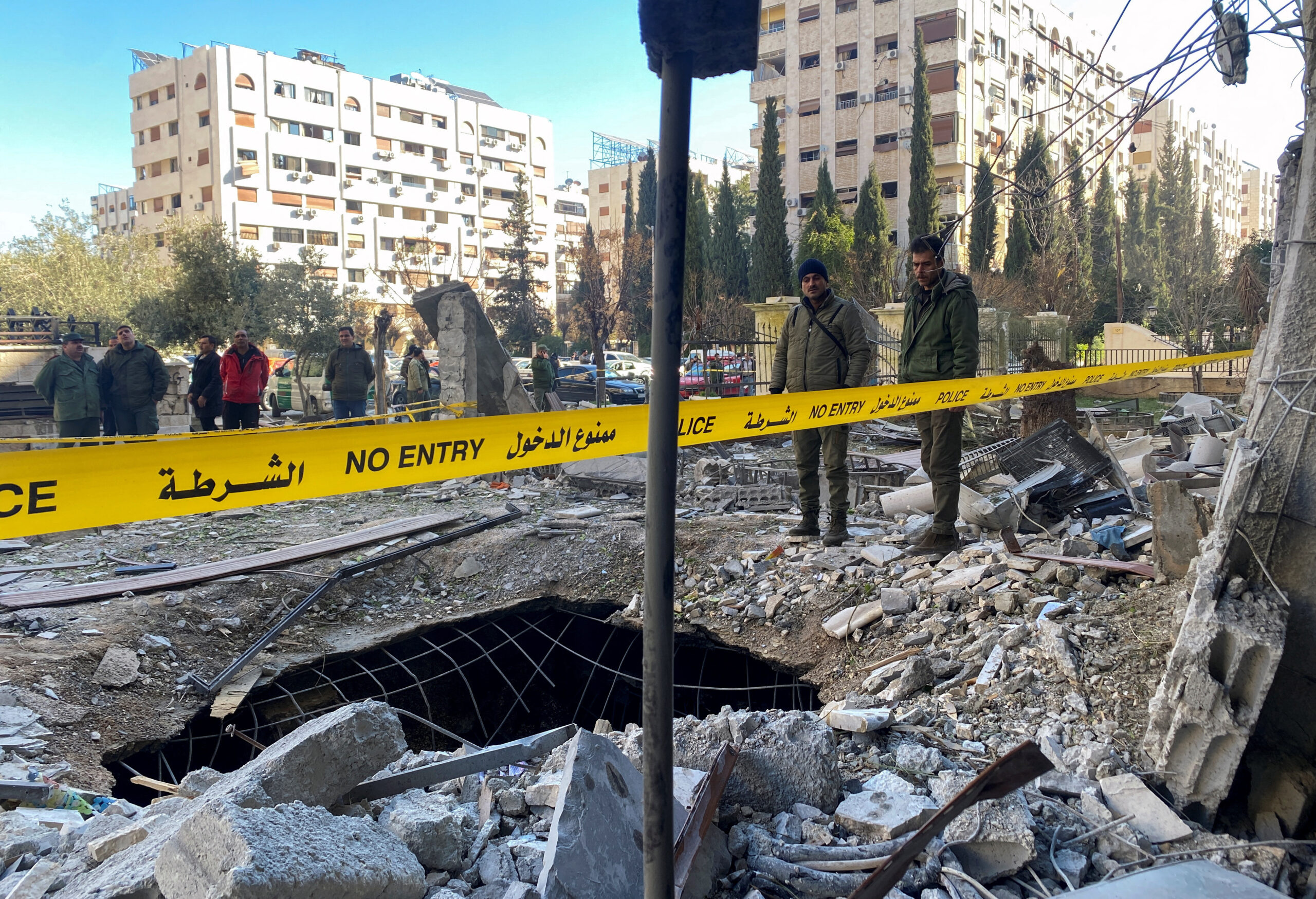Trump’s Illogical Iran Announcement
Trump says that direct talks with Iran will be held at almost the highest level and hopes that they will be successful and an agreement may be reached, because it is better for Iran.
Direct talks at almost the highest level, means at least a Rubio-Araghchi meeting, at the level of foreign ministers,
However, there is one fact to consider here, Ayatollah Ali Khamenei has issued a fatwa, which prohibits direct negotiations between Iran and the US,
It is within the framework of this fatwa that Khamenei himself and senior Iranian military and political officials ruled out direct negotiations with the US,
So Trump’s statement that he will have direct talks with Iran on Saturday is a bit of a surprise.
Official statements from Tehran have not yet been issued. There are concerns that Trump’s statement was a disingenuous step to try to gain political legitimacy for strikes on Iran.






